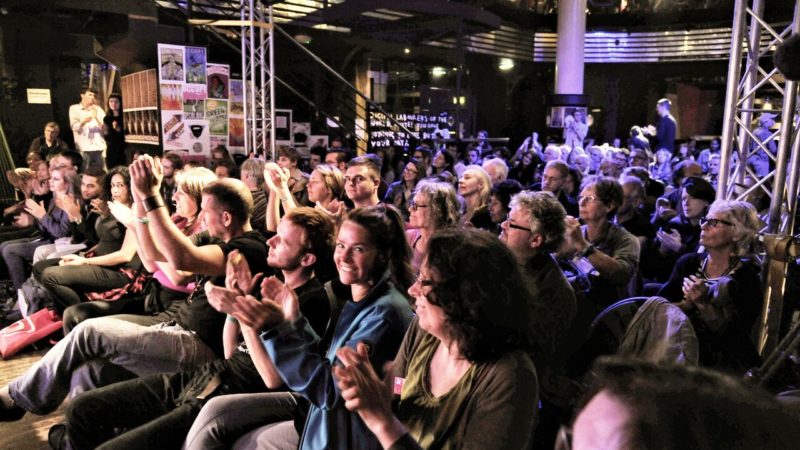
It’s become a cliche to call the present moment ‘unprecedented’ – and while it’s definitely true that the pandemic has changed our lives in a way we’d never experienced before, this kind of framing doesn’t tell us the full story. From workers’ and tenants’ rights to educational inequality, from the crisis in our NHS and care sector to structural racism, the problems now making newspaper headlines have plagued our society for years and decades. Any response to Covid-19 – and the recession facing us – that doesn’t address these long-standing issues is necessarily insufficient. There can be no going back to normal, because for so many people normal wasn’t working.
Now is the time for bold ideas, for questioning how our economy, society and political system are structured, and for imagining alternatives. How do we address the fact that so many of us are a pay cheque away from homelessness? What do we do with the knowledge that those from a Black, Asian and ethnic minority background experience poorer health than their white counterparts? How do we balance rescuing the economy with protecting our planet? While the leadership is focused on holding the government to account over their handling of the pandemic, we must also be able to provide long-term answers. It’s not just the role of the shadow cabinet to lay out a vision for what should happen next – it’s time for the movement to take matters into our own hands. Here, the Labour left can take the lead.
In normal times, we’d have some obvious spaces to come together to debate and develop policy proposals. However, with Labour conference and most Constituency Labour Party meetings being cancelled, members trying to put forward ideas find themselves in a vacuum. We can write open letters and post long threads on Twitter, but ultimately many of us are finding ourselves powerless and isolated, at a time when collectively planning the path forward seems more important than ever.
Labour recently announced that it would be replacing this year’s conference with a four-day online event called Connected, with shadow cabinet speeches and discussions led by trade unions, think tanks and affiliates. While the initiative is welcome, we know little so far about its programme and content, and how much scope there will be for transformative ideas, big-picture debates and for members to interact and get to know each other. In fact, this is often a challenge even at physical conferences, which can feel alienating, inaccessible and – let’s be honest – not particularly exciting to many members.
This was the gap that The World Transformed aimed to fill when we launched in 2016: linking Labour left politics with social movements, arts and culture. We’ve grown from being regarded with suspicion as ‘competition’ to Labour conference, to becoming a well-loved staple of the political calendar – attracting thousands of Labour activists, MPs, journalists, and those who haven’t yet joined the party. This year’s edition will take place online, across the whole month of September. We will be exploring a wide range of forms of digital interaction: from panel discussions with big-name and grassroots speakers from the UK and international left, to participatory policy labs, reading groups, creative workshops, scenario planning games, a cookery class, a cabaret night and beyond.
The festival will cover a range of themes, including socialist demands in the coronavirus era, the future of work and workplace organising, unthinking racism and imperialism, and understanding the digital world. We will also be taking a step back to reflect on the past five years, discuss what the current moment teaches us about capitalism, and consider what strategies socialists can adopt after the general election defeat and the end of the Corbyn era. Last but not least, it will be a space to share practical skills, from delivering political education events to resisting evictions.
The World Transformed was never just for Momentum members, and this moment is too important for us to close ourselves in our comfort zones. We want to welcome activists involved in extra-parliamentary struggles, such as Black Lives Matter and the climate movement, those newly politicised by the experience of the pandemic, as well as those on the softer left who are interested in transformative policies to address our systemic problems. Only by combining our networks, talents and experiences can we face up to the current crisis – and shape the future.




More from LabourList
Tom Belger column: ‘Why is Labour making migrant exploitation easier?’
Ashley Dalton resigns as health minister for cancer treatment
Paul Nowak column: ‘Labour must focus on the basics’